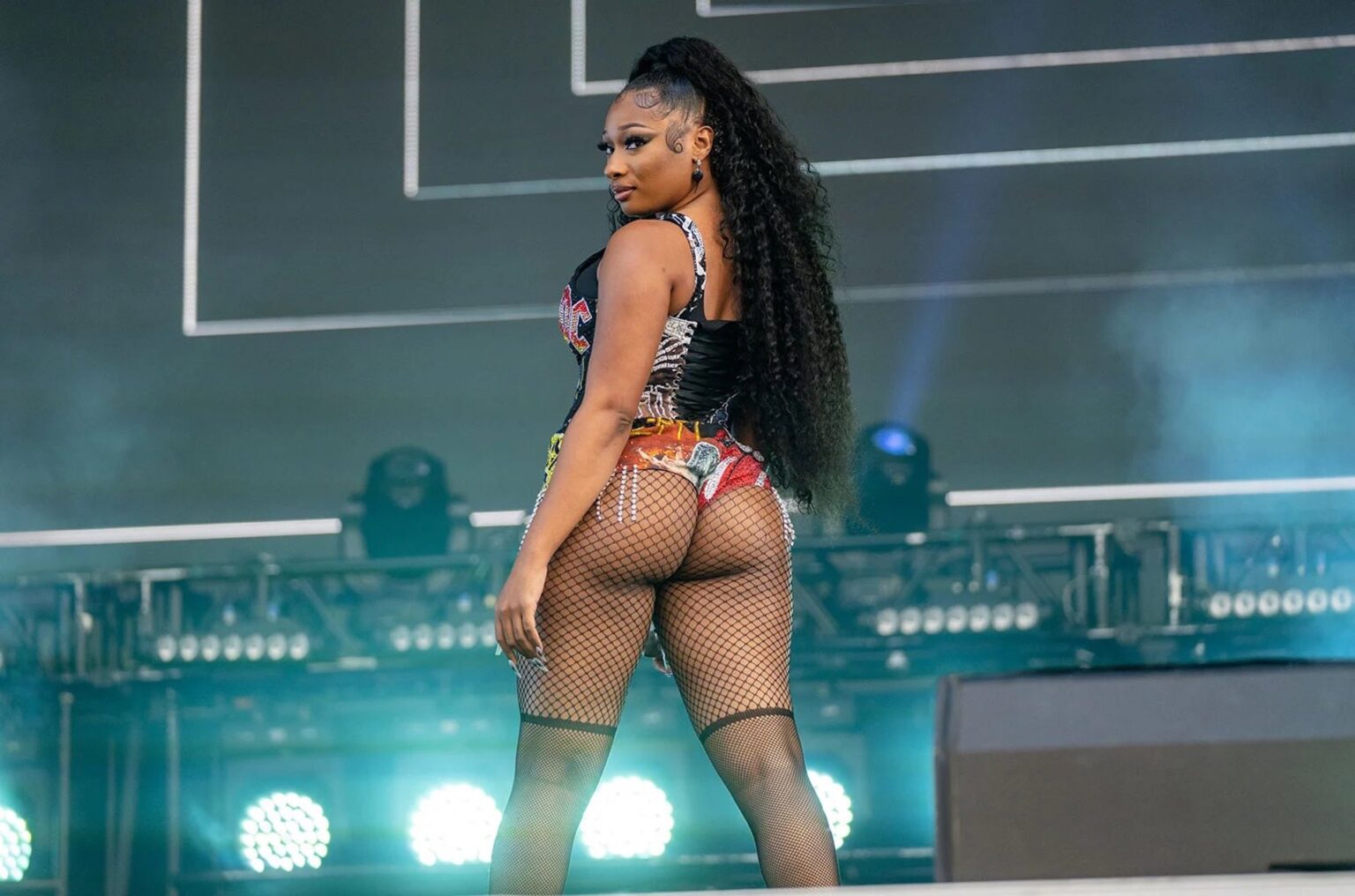
Is Megan Thee Stallion’s new song “Cobra” inspired by her boyfriend’s nudes?
Are we witnessing a new era of vulnerability in hip-hop? This question comes to mind when considering the recent buzz around Megan Thee Stallion’s latest single, “Cobra,” and the unexpected praise it received from Joe Budden, a figure known for his often critical stance on artists.
Budden’s recent comments on his podcast, The Joe Budden Podcast, have sparked a mix of controversy and admiration, highlighting the evolving landscape of hip-hop and its relationship with nude emotional honesty. Let’s dive into the nude truth of the matter and see what we can find.
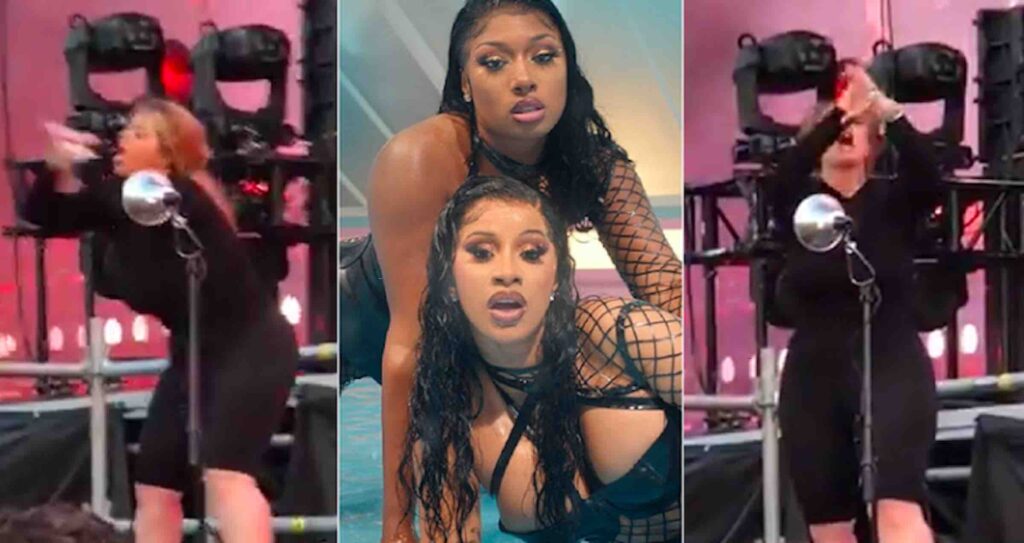
Budden’s Surprising Praise
Joe Budden, a former rapper turned podcast host, has historically been critical of Megan Thee Stallion. However, in a surprising turn of events, he expressed genuine admiration for her new single, “Cobra.” On his podcast, Budden highlighted the raw vulnerability in Meg’s lyrics, a departure from his usual critique of her work.
This shift in perspective is not just about Budden’s changing views but also reflects a broader acceptance of emotional depth in hip-hop, a genre traditionally dominated by bravado and toughness.
Budden’s comments went beyond mere appreciation of the song’s artistic merit. He acknowledged the personal struggles and trauma that Megan Thee Stallion has faced, suggesting that such experiences have fueled her creativity.
His words, “I want to hear from bi**hes that’s sad about some sh*t,” though controversial, point to a growing recognition of the power of vulnerability in music. It’s a sentiment that resonates with a generation increasingly open about mental health and emotional struggles.
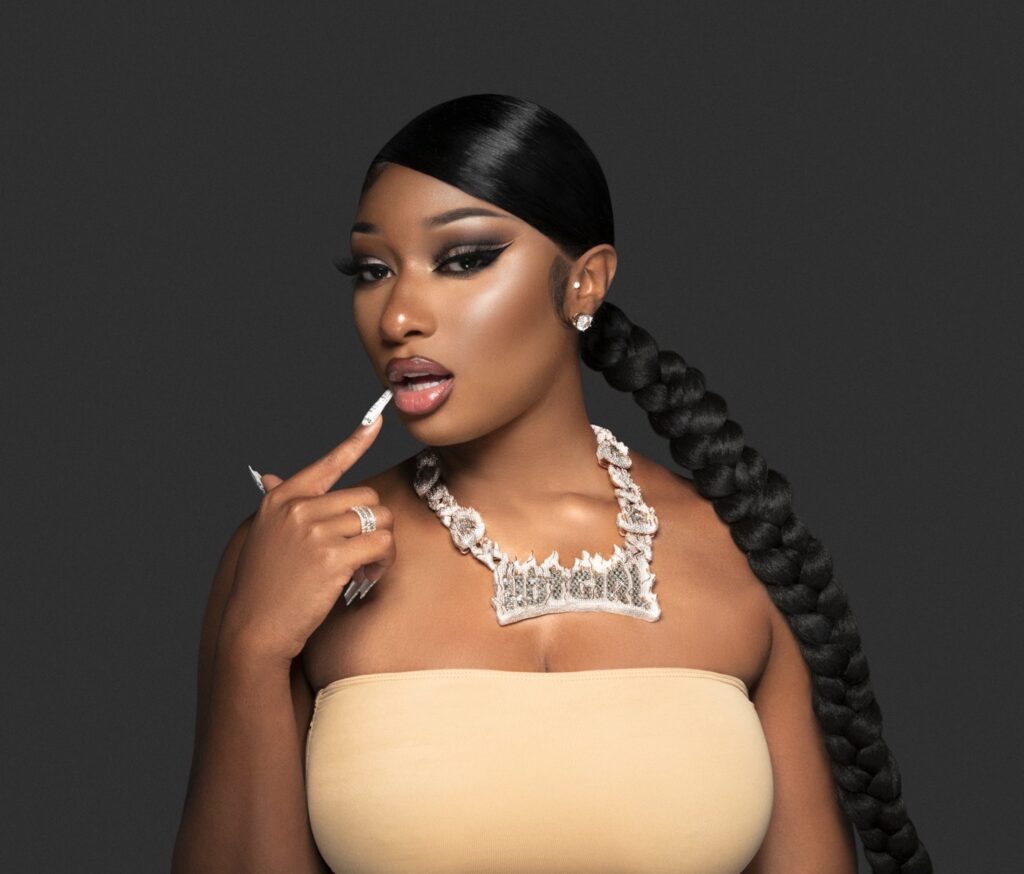
The Complexity of Art and Trauma
The conversation around “Cobra” and Megan Thee Stallion’s artistry brings to the forefront the complex relationship between personal trauma and artistic expression.
Budden’s comments, while acknowledging the depth of Meg’s music, also sparked a debate about the ethics of expecting artists to draw from their pain for creative inspiration. His statement, “I hope your problems are rectified, but not, like, really soon,” raises questions about the consumption of art born from personal suffering.
Megan Thee Stallion’s response to Budden’s critique, shared on her Instagram Story, adds another layer to this narrative. It highlights how artists navigate the public’s reaction to their personal stories, especially when those stories are intertwined with their creative work.
The interaction between Budden and Megan Thee Stallion underscores the evolving dialogue between artists and commentators in the digital age, where social media platforms become stages for complex conversations about art, trauma, and authenticity.
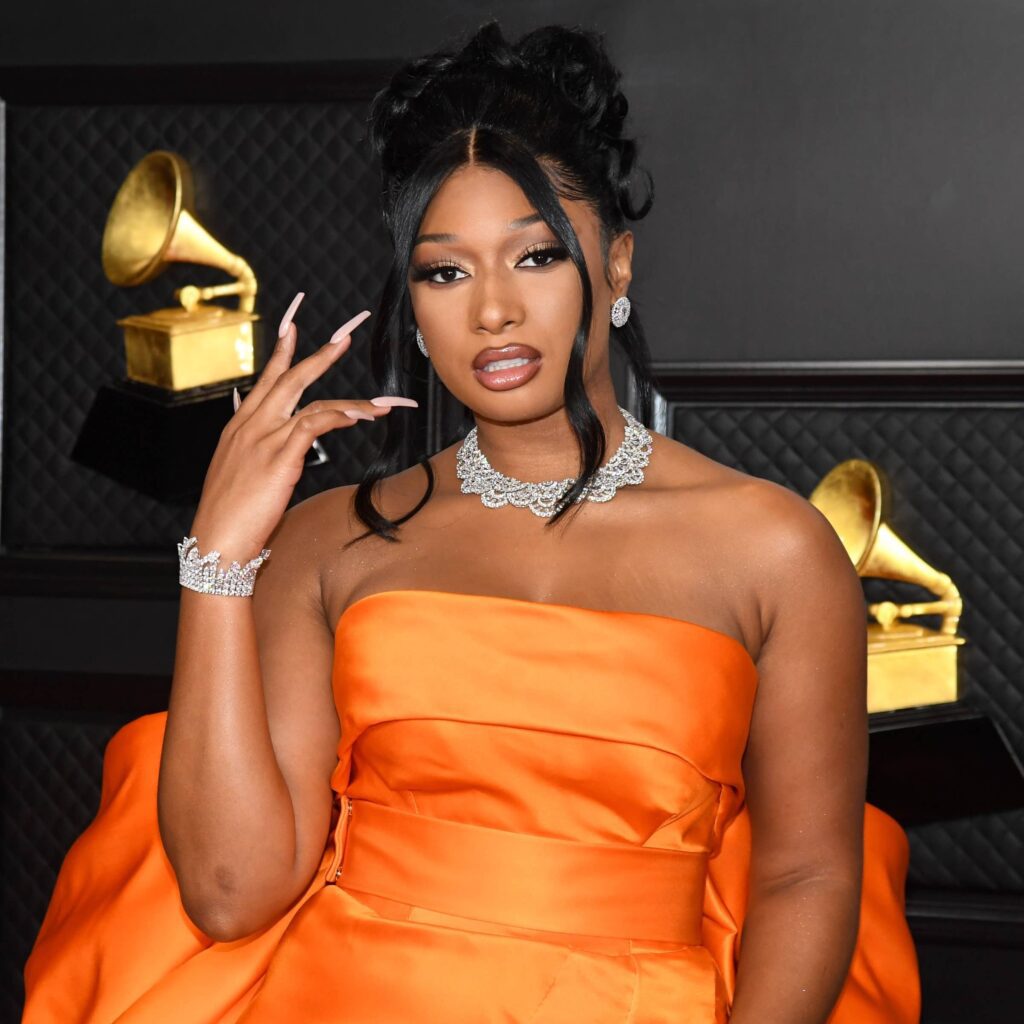
Controversy and Apology
However, not all aspects of the conversation surrounding Megan Thee Stallion’s work were positive. Budden faced backlash for his comments about her, particularly in the context of her ongoing trial with Tory Lanez. His initial criticism of Megan Thee Stallion, rooted in personal biases and industry relationships, sparked controversy, leading to a public apology on his podcast.
Budden’s apology, prompted by calls from women he respects, was a moment of reflection on the impact of his words, especially regarding mental health. This incident highlights the delicate balance media personalities must maintain when discussing sensitive topics, and the responsibility they hold in shaping public discourse.
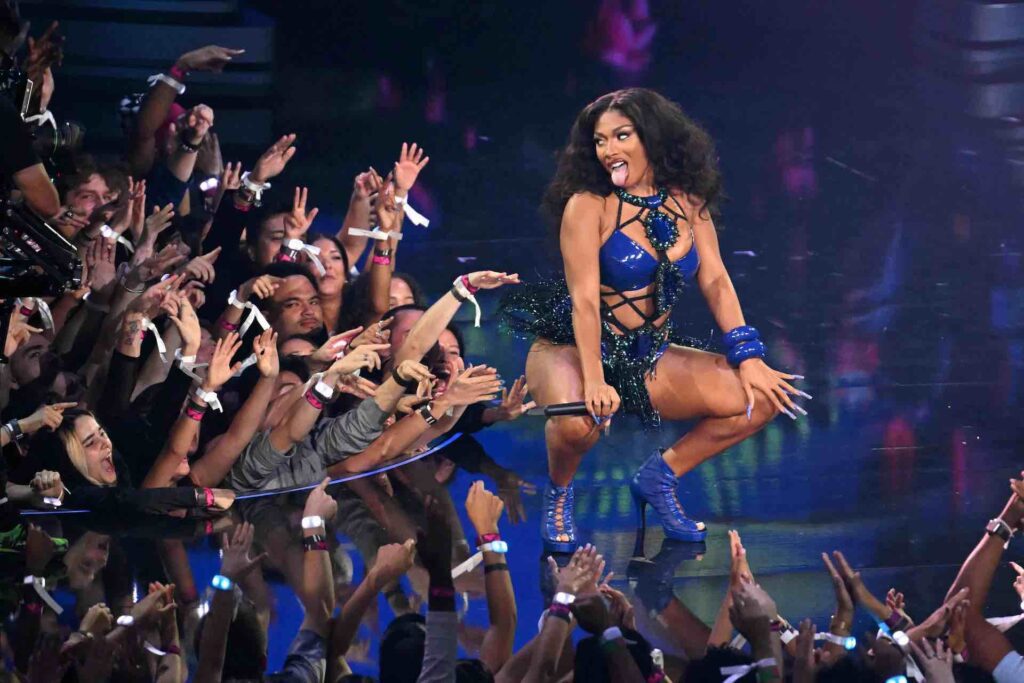
The Trial and Its Implications
The backdrop to this entire discussion is Megan Thee Stallion’s ongoing trial with Tory Lanez. The trial has been a source of much speculation and debate, with conflicting testimonies and evidence adding to the complexity of the case. Budden’s comments on the trial, and his subsequent apology, reflect the broader challenges of discussing ongoing legal matters in the court of public opinion.
The trial’s developments, including Kelsey Harris’ testimony and the inconsistencies in her statements, add layers of complexity to the public’s understanding of the case. These developments underscore the challenges faced by those involved and the difficulties in navigating truth and perception in high-profile legal battles.
As we continue to follow Megan Thee Stallion’s career and the unfolding legal drama, one thing is clear: the conversation around art, trauma, and authenticity in hip-hop is evolving. Artists like Megan Thee Stallion are at the forefront of this change, using their platforms to express vulnerability and real-life struggles.
In a world where social media and public platforms play a significant role in shaping narratives, how will this evolution impact the relationship between artists, commentators, and the public? Will we see a continued trend towards vulnerability in hip-hop, and how will this influence the genre’s future? Only time will tell, but one question remains: Are we ready for this new era of emotional honesty in music?







